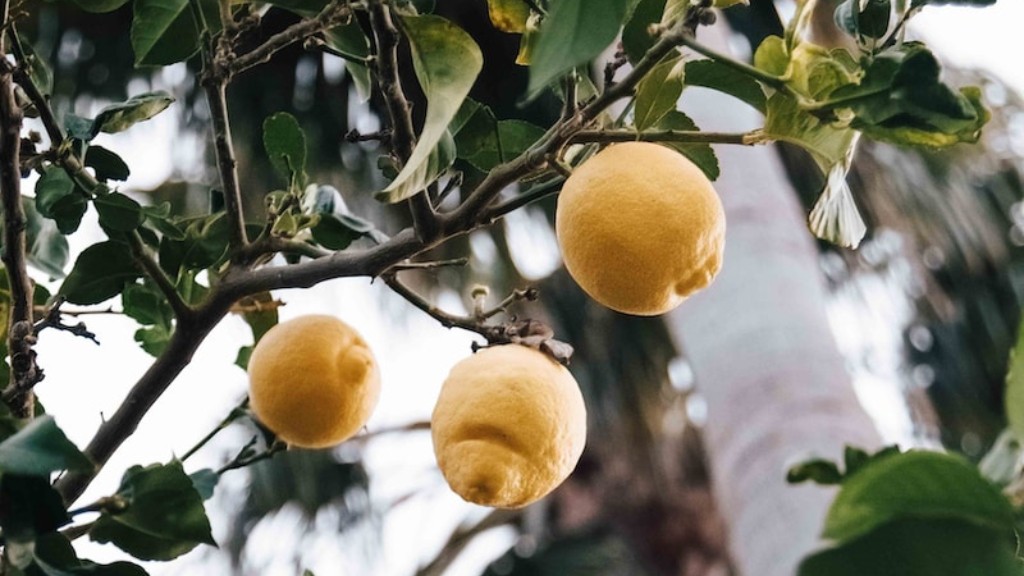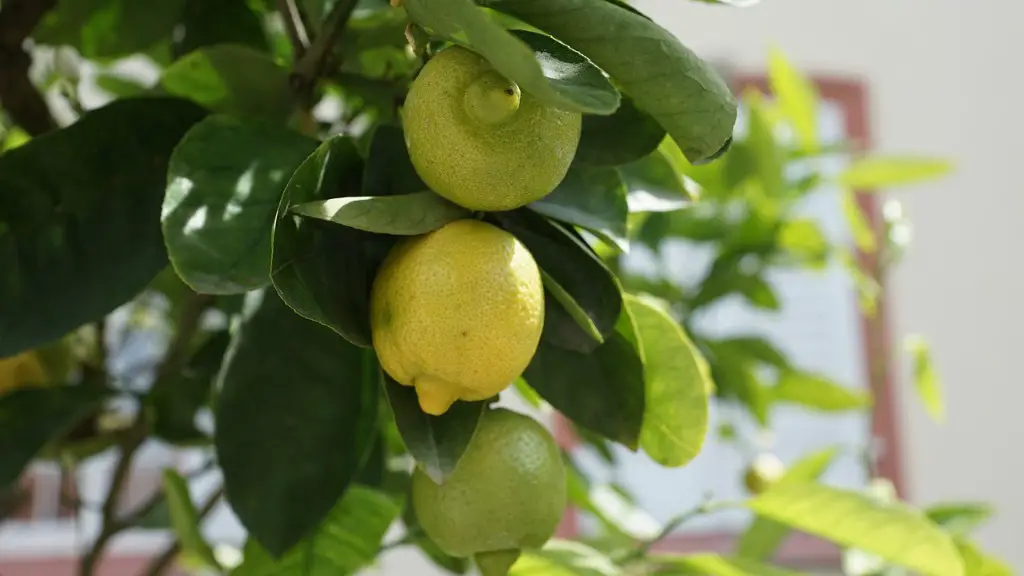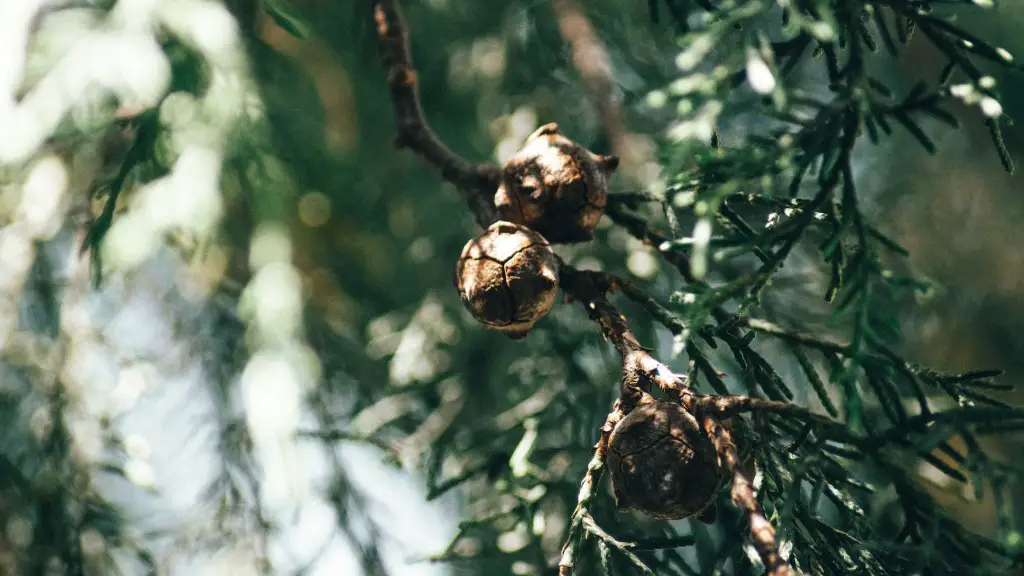Caring for a lemon tree can be a difficult task, especially when it comes to dealing with yellowing leaves. With the right steps and regular maintenance, however, you can successfully treat your lemon tree with yellow leaves. Here are some helpful tips to get you started.
Start by identifying the problem. Yellow leaves can be caused by a variety of factors, including disease, pests, and nutrient deficiency. Carefully inspect the leaves for signs of damage or weird discolorations, and determine the cause of the issue. Once you identify the cause, you can start treating your lemon tree with the right methods.
Next, pick the right fertilizer. Applying the right fertilizer can help treat yellow leaves caused by undernourishment. Look for a lemon-specific fertilizer that is well-balanced and packed with the essential nutrients. When fertilizing your lemon tree, keep in mind that too much fertilizer can be harmful, so always follow the instructions and dilute concentrations, if necessary.
Thirdly, maintain proper watering. Lack of water can be a frequent cause of yellowing leaves. Be sure to monitor your lemon tree’s water needs and keep the soil consistently moist. Overwatering and underwatering can both have negative effects, so it’s important to establish a watering schedule that works for your particular lemon tree.
Finally, perform a deep clean. Cleaning the leaves and limbs of your lemon tree can help get rid of pests and diseases that may be affecting it. Fill a bucket with warm soapy water and gently scrub each leaf and limb with a soft brush. Afterwards, rinse the leaves and limbs with clean water to remove any dirt or soap residue.
Preventive Measures
In addition to these treatments, there are some preventive measures that you can take to stop your lemon tree’s leaves from turning yellow. Pruning your lemon tree can help promote air circulation and boost the trees’ natural growth by removing excess branches. Similarly, adding layer of mulch around the base of the tree can help improve soil quality, reduce weeds, and promote healthy root growth.
You should also take extra precautions in extremely hot temperatures. Lemon trees are generally heat-resistant, but prolonged exposure to intense heat may lead to yellow leaves. If possible, move the lemon tree indoors or keep it in an area with lots of shade during the hottest parts of the day.
Pest Control
Certain pests can cause significant damage to your lemon tree. Insects like aphids, mealybugs, and scale are the most common culprits, and their presence can cause yellowing leaves. To remove the pests, you can either use an insecticidal soap solution or buy a lemon tree-appropriate pesticide from the store.
Similarly, fungal infections such as powdery mildew and phytophthora can also cause yellowing leaves. If you suspect this is the case, treat your lemon tree with a fungicide specially formulated for citrus trees. Follow the instructions carefully before using, and be sure to wear protective gear when handling the fungicide.
Natural Remedies
Finally, there are a few natural remedies that you can use as an alternative to pesticides. One of the most popular treatments is planting marigold or nasturtium plants surrounding your lemon tree. These plants contain certain compounds that can help repel pests. You can also make a homemade insecticidal solution by mixing two tablespoons of olive oil and two tablespoons of dish soap into one liter of water.
Another effective technique is to introduce beneficial insects such as ladybugs and parasitic wasps into your garden. These insects are natural predators of pests and can help keep them at bay. In addition, using neem oil to coat the leaves of your lemon tree can help protect it from both pests and diseases.
Soil Management
Good soil management is also essential in keeping your lemon tree healthy and strong. Citrus trees prefer full sun, well-draining soil, and a slightly acidic soil pH. Be sure to test the soil periodically for nutrient deficiency or too much salt. You can also add organic compost to boost soil fertility and keep the tree properly nourished.
Small changes in your approach to lemon tree care can make a huge difference in the long run. Try to keep up with regularly scheduled inspections and maintenance to catch any signs of problems early on and to ensure that your lemon tree grows in ideal conditions.
Identify and Act Promptly
If you do notice yellowing leaves, identify the cause right away and take action quickly. Left untreated, most lemon tree leaf problems will only get worse and could eventually lead to the death of the tree. With a little bit of patience and dedication, however, you can treat your lemon tree and ensure that it grows and thrives.


